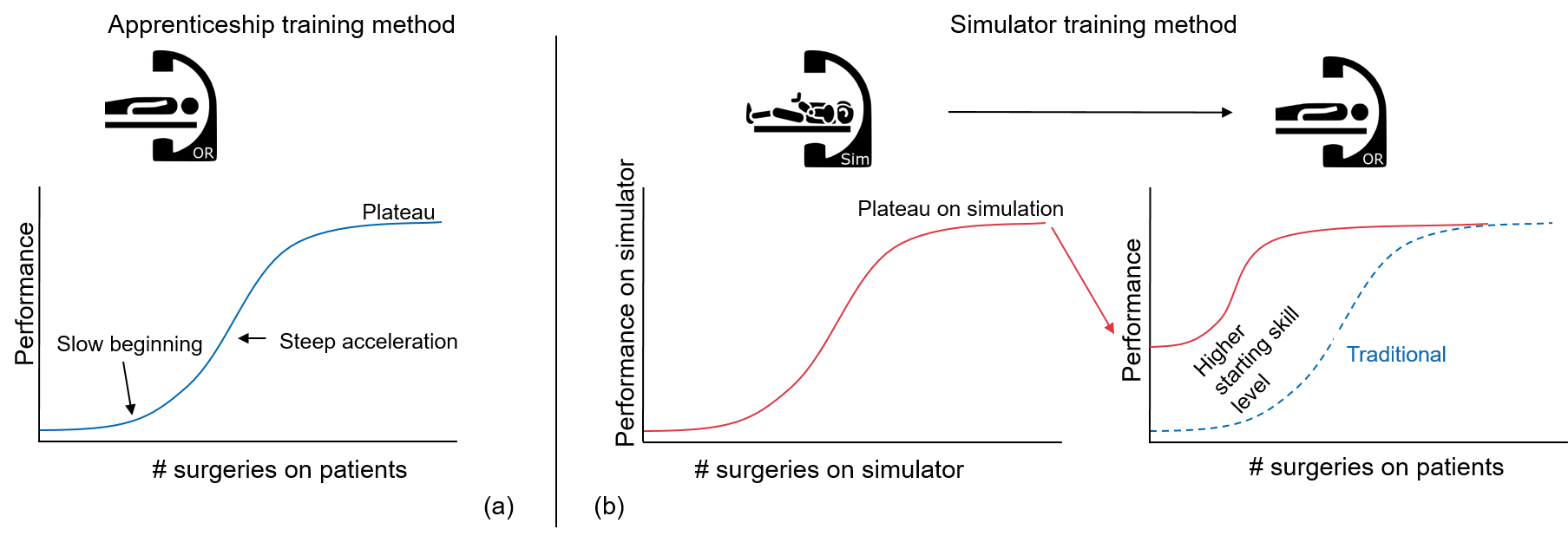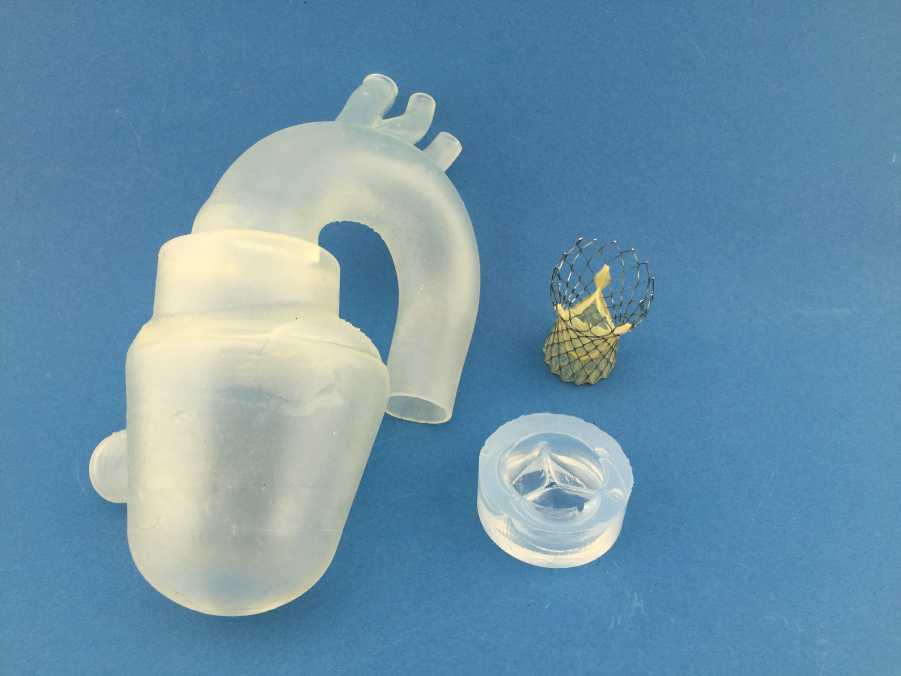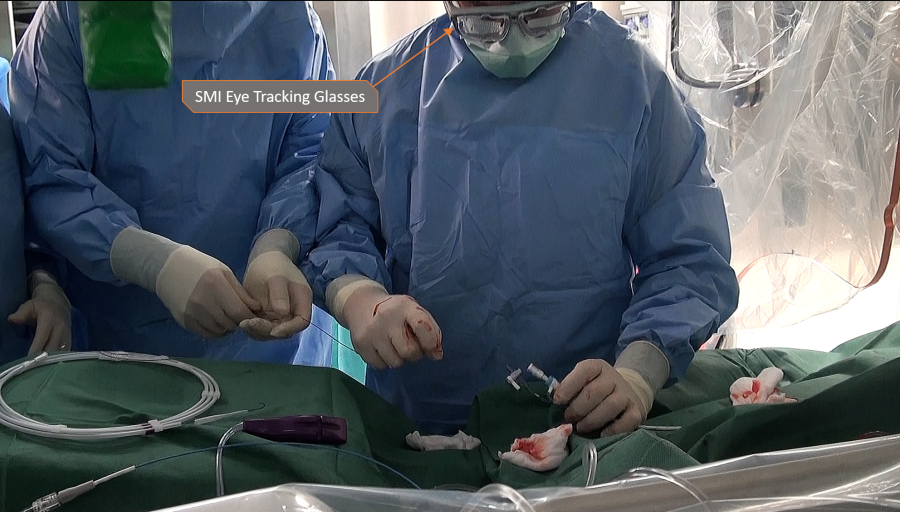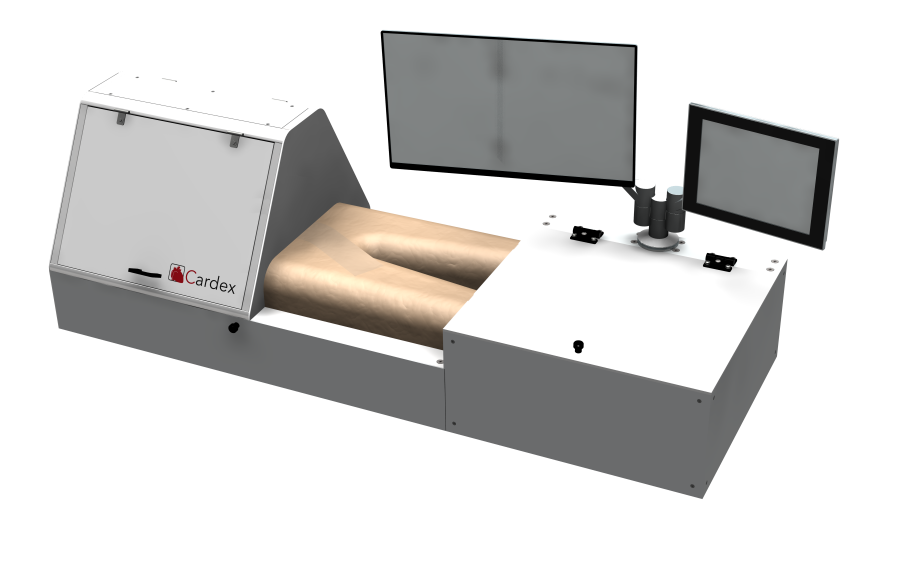Cardiovascular Simulators and Training
The research goal of this collaboration between the University Hospital Zurich (USZ) and the Product Development Group Zurich is to develop novel simulators and training methods for the broad and expanding field of cardiovascular interventions.
Unlike as in other high-reliability professions such as aviation, in cardiovascular interventions, a continuous and objective performance assessment and qualification of medical students and practising doctors is missing. Currently, the teaching and training are based largely on the apprenticeship model, where an experienced operator supervises the trainees and assesses their skill level. However, this assessment is inherently subjective and unreliable and does not provide standardized means of assessing skill.

Therefore, a major goal of this thesis is the development of a set of novel physical simulators for cardiovascular interventions. These simulators shall exceed current hardware simulators, most importantly, in respect to a realistic feeling and haptic feedback and in terms of performance assessment capabilities based on metric-based and objective feedback parameters. In order to achieve these objectives, a special emphasis is put on the understanding of the behavioral difference between experts and novices in simulator settings and in the operating room. This investigation will be based on mobile eye tracking studies conducted during interventions at the USZ (Further information: Performance Assessment).
A continuing goal is to use the novel simulators as training and qualification tool for medical students and practisioners. By using simulators as qualification tool, a minimum skill level can be guaranteed and maintained. This will increase the patient’s safety and strengthen the confidence in doctors.
Current simulators in development:
- TAVI and Wire Skills simulator TAVI Simulator
- Transseptal puncture procedure simulator Cardex
- MitraClip simulator Cardex II


